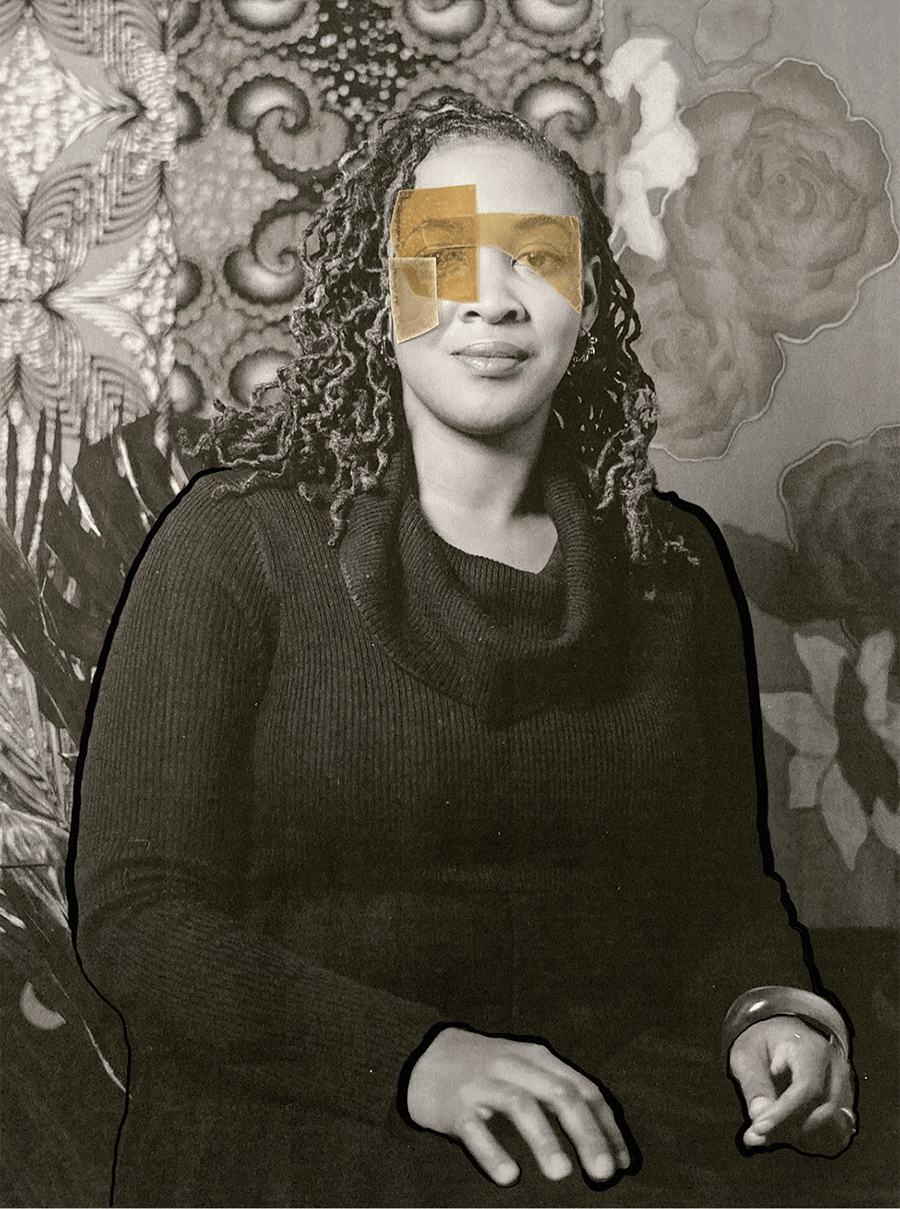
Collages by Avery Williamson. Photograph of Naomi Jackson © Tiffany A. Bloomfield
Three springs ago, I lost the better part of my mind. I remember it starting with my feet. I woke up one February morning in the South Bronx apartment I’d just moved into with my husband, and my feet were so swollen I could barely fit them into my roomiest sneakers. I called in sick and rode the train downtown to the doctor, who told me my blood pressure was perilously high.
The news didn’t come as a shock. I had been working and worrying nonstop. I was in my first year of a new job at a nonprofit;…






































































































